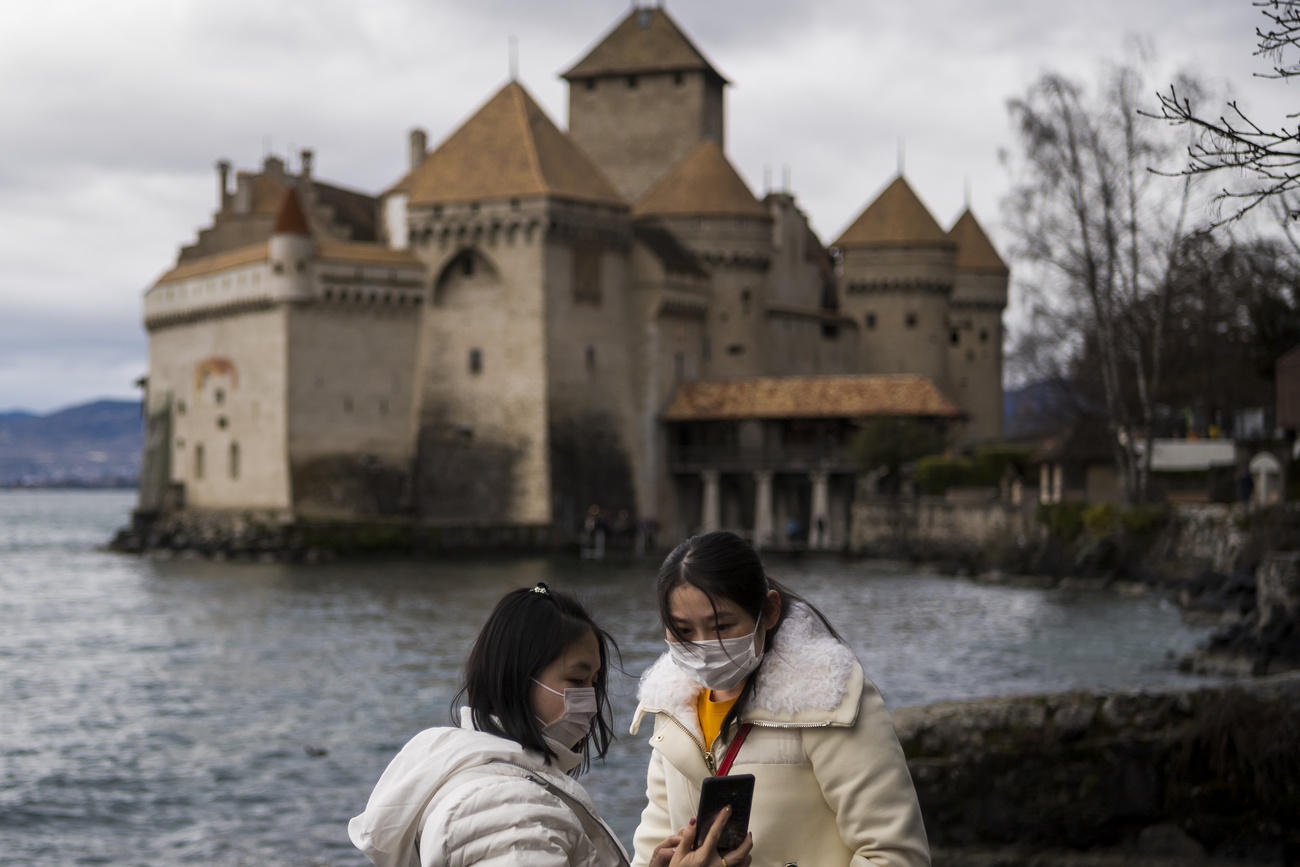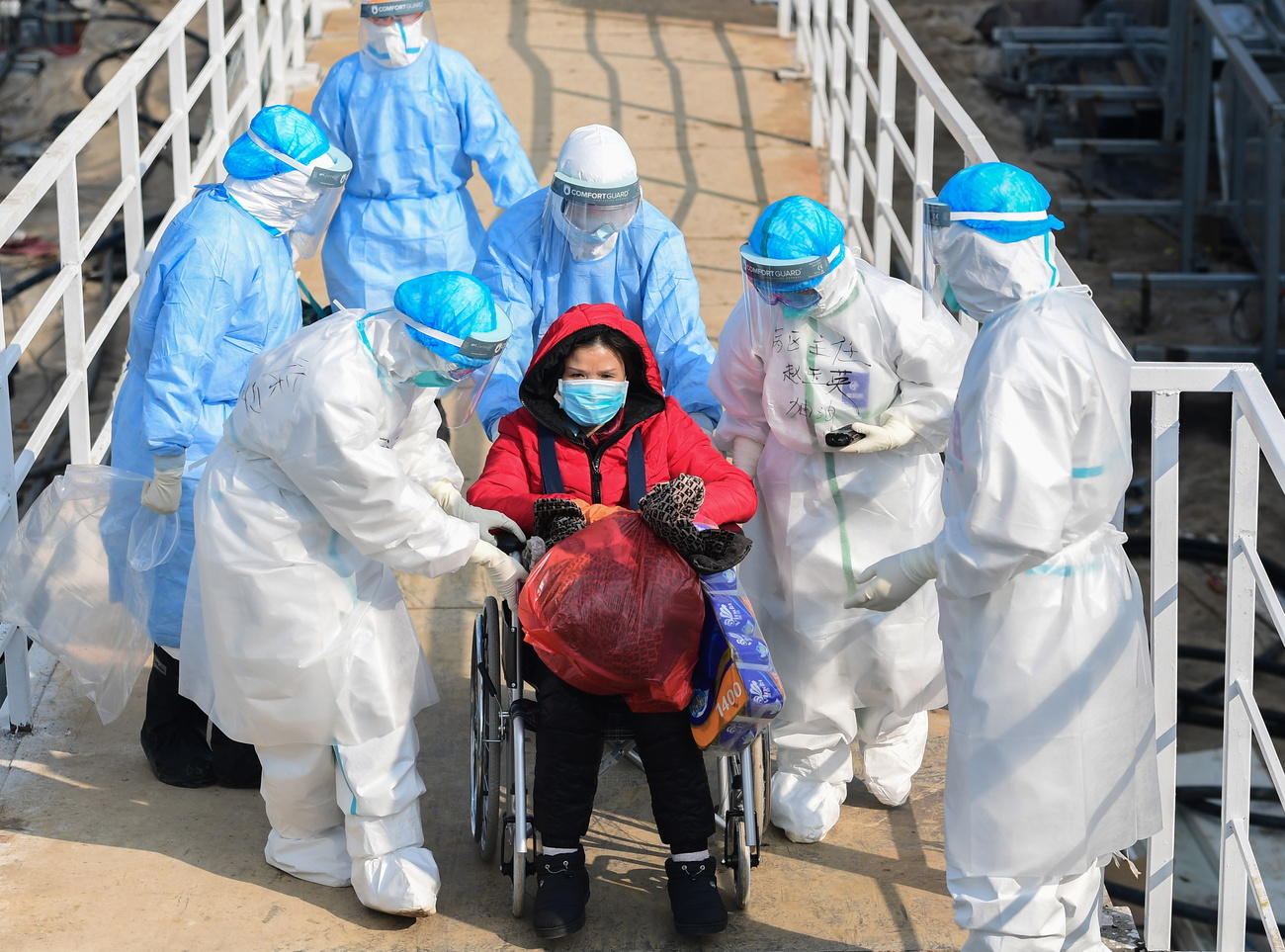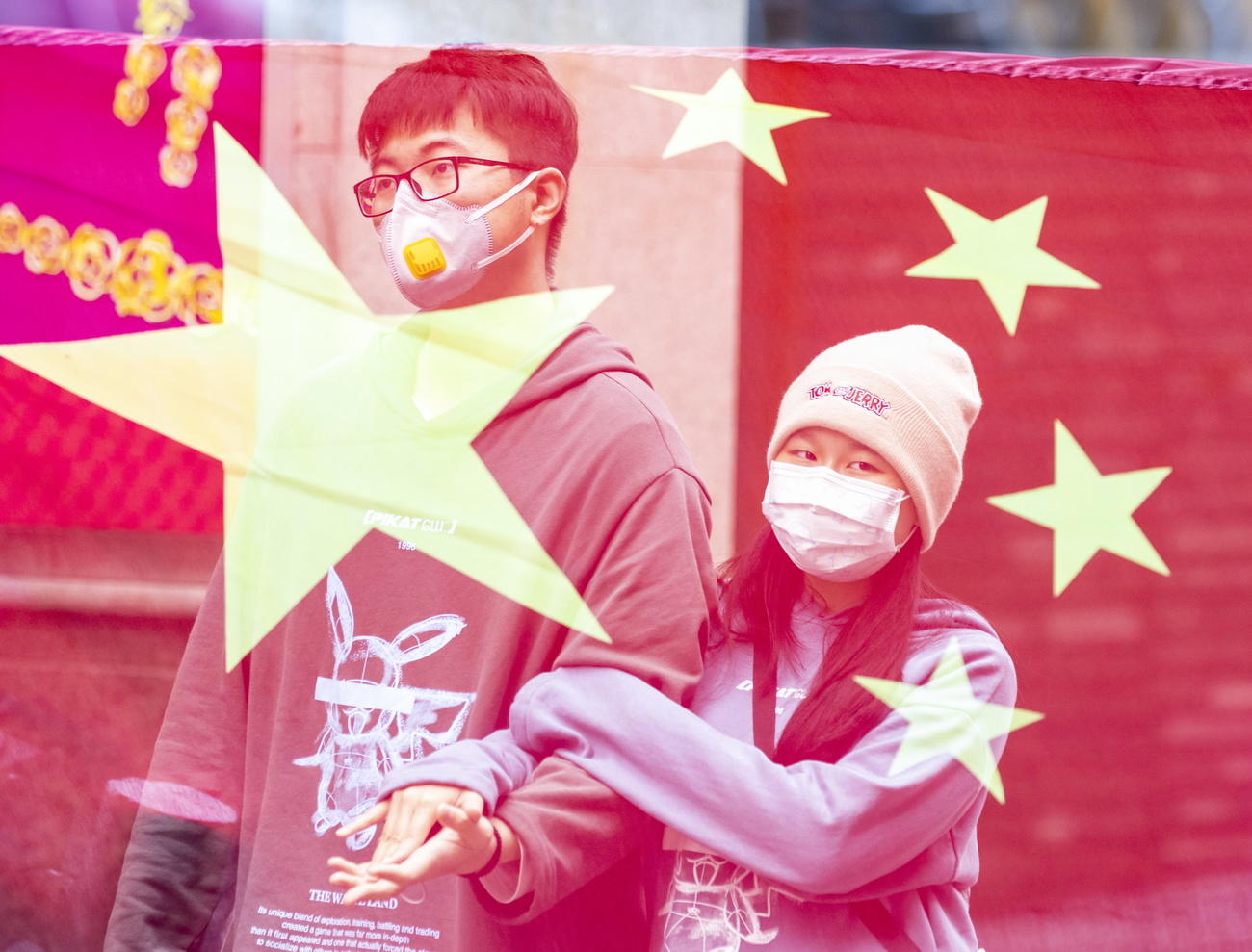Shadow boxing a virus
‘To put it bluntly: we’re shadow boxing.’ These were the words of the Director General of the World Health Organization (WHO), Dr Tedros Adhanom Ghebreyesus, one week after the WHO declared the novel coronavirus to be an international public health emergency.
There is much we still don’t know about the virus, he explained. Exactly how easily it is transmitted, how severe its impact on health might be, and even its precise origin. Animals yes, but which ones, scientists are not yet sure.
An anxious world fills the knowledge vacuum with rumour, and misinformation
Those same scientists will tell you this uncertainty is hardly a surprise. This is a brand-new virus, never seen in humans before. It only came to notice a few short weeks ago. Its genome was sequenced within a few days, at a speed described by one virus expert as “unprecedented and completely unbelievable”. Sequencing the SARS, or severe acute respiratory syndrome, virus took months.
But that step alone does not bring clarity about what exactly this virus is, let alone effective treatments or vaccines. Those will take rigorous research, multiple clinical trials, lots of money, and lots of time.
And while we wait, an anxious world fills the knowledge vacuum with rumour, and misinformation.
Do you have questions about the coronavirus? Find out more in our Inside Geneva coronavirus special podcast.

More
Inside Geneva: How to deal with coronavirus?
‘Monster’
“It’s a monster with multiple faces and arms,” said Sylvie Briand, WHO director of Global Infectious Hazard Preparedness describing the ‘infodemic’ which has accompanied the actual epidemic. Just a few days later, the WHO director general himself warned against “trolls and conspiracy theories”.
As we battle to contain and understand the coronavirus, we are beginning to understand that our interconnected world poses huge challenges. Not just because millions of people travel between continents on a daily basis, allowing disease to spread more easily, but because, with one click of a smartphone, misinformation about that same disease can be shared with millions too.
Here are just a few of the rumours about the coronavirus that I have seen or heard in the last couple of weeks.
Eating onions, garlic, black pepper, or chilis, will protect against it. Not true, but at least, as Sylvie Briand pointed out, not especially harmful, as eating these things won’t make people ill, or put them at risk.
Then there are the multiple videos on social media, showing people apparently dropping like flies in Chinese supermarkets or on the streets. And videos of people dressed in full body protective clothing, also carrying weapons, rounding other people up. Are these real? No one can say for sure. They are virtually impossible to verify.
Meanwhile, over in Russia one of the leading nightly news programmes has been promoting a conspiracy theory suggesting that the coronavirus somehow originated in the United States, possibly with Donald Trump himself. Highly unlikely of course, but a good yarn which will have viewers coming back for more.
And finally, most potentially damaging of all, is the suggestion that antiretroviral (ARV) drugs used to treat HIV might also help against the virus. At time of writing, there is no firm evidence for this, only the merest inconclusive hint from trials dating back to the SARS epidemic. Nevertheless, the rumour has grown wings, and already there is talk of an ARV shortage, striking fear into millions of HIV positive people who rely on these drugs.

More
WHO director defends Chinese over coronavirus criticism
Undermining the response
So concerned is the WHO about the rumours and misinformation, that it has warned they could undermine the global response to defeat the virus. In a bid to get the truth out, the organization has devoted a team to work with social media giants to make sure hard facts take priority over unfounded rumours.
The WHO’s own website now has a prominent page devoted to combating rumoursExternal link, directed not just at member states and health professionals, but at all of us. There we can read about how to protect ourselves, about travel advice, we can get answers to the most common questions, and there is a page devoted to ‘Myth-busters’.
For Gian Luca-Burci, former legal counsel to the WHO and now adjunct professor of international law at Geneva’s Graduate Institute, this is a welcome development, and a sign that lessons have been learned by everyone since the SARS outbreak way back in 2003.
“This is guidance the world is looking for, and that to me is the big lesson of SARS,” he said. “One of the things about international organisations is that they are created by member states and they are supposed to serve states. But if you put all this stuff on the web, you bypass states, you go straight to the hospital, to the person. That is a big development of the 21st century.”
Complicated by politics
But whatever the WHO does to approach medical staff, businesses, and ordinary people directly, member states and their approach remain hugely important.
Although all countries have expressed support for China in its bid to tackle the virus, many have also introduced flight bans, and issued travel advice to their citizens, far in excess of the WHO’s own recommendations.
As a consequence, China’s economy is taking a multi-billion-dollar hit, and, cynics might suggest, there will be some governments, watching China’s emergence as an economic powerhouse, who are not distraught.
A little hint of that ‘Schadenfreude’ could be seen in the very controversial cover of Der Spiegel magazine, showing a frightening looking figure in hazmat clothing, with the headline ‘made in China.’
“It is the most politicised outbreak we have ever known,” said Dr Suerie Moon, co-director of the Global Health Centre at the Geneva Graduate Institute,
“Regardless of how well the public health authorities do in making clear understandable messages to the public, we live in a time where people don’t have faith in the traditional sources of information, whether that’s traditional media like the BBC or traditional authorities like medical journals or the WHO.”
This outbreak is still in its early stages. While, in the last couple of days, there have been some hints that it may be stabilizing in China, with fewer daily new cases than last week, it is still too early to be sure, the WHO cautions. Viruses can slow down, and then come roaring back.
And so patience is required, for the virus to take its course, for the containment measures to work, and for the research into transmissibility, severity, and new treatments to yield answers.
But patience and sound, science-based advice can be hard to find, amidst the deluge of headlines, fears, and rumour. That old saying ‘a lie is half round the world before the truth has got its trousers on’, has never seemed so true.
You can follow Imogen Foulkes on twitter at @imogenfoulkes, and send her questions and suggestions for UN topics.

In compliance with the JTI standards
More: SWI swissinfo.ch certified by the Journalism Trust Initiative












You can find an overview of ongoing debates with our journalists here . Please join us!
If you want to start a conversation about a topic raised in this article or want to report factual errors, email us at english@swissinfo.ch.